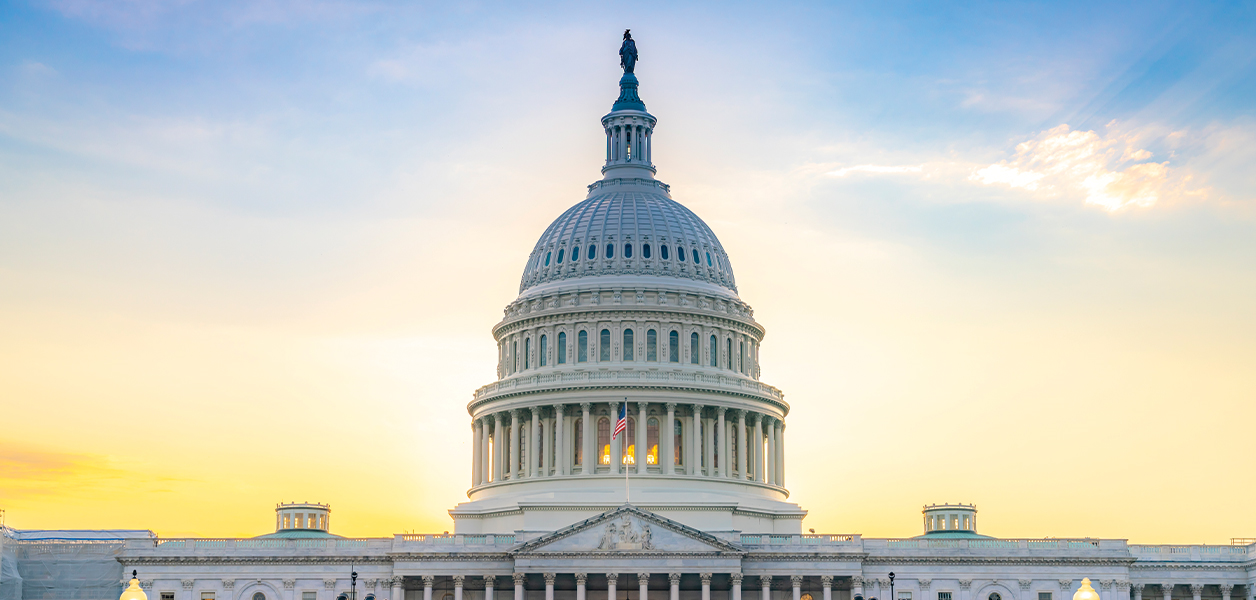NRCA supports passage of the USA Workforce Investment Act
On Sept. 10, NRCA sent a letter of support for the USA Workforce Investment Act (H.R. 9461), legislation authored by Rep. Lloyd Smucker (R-Pa.) that would incentivize greater levels of investment in workforce development through a new federal tax credit. This legislation passed the House Ways and Means Committee by a vote of 22-15.
H.R. 9461 is a pilot program that would provide taxpayers with a federal tax credit for charitable contributions to qualifying workforce development or apprenticeship training organizations that provide services recognized under the Workforce Innovation and Opportunity Act. This would include many community colleges, trade schools and nonprofit organizations that provide high-quality workforce training programs. The maximum credit under this legislation is 25% of a taxpayer’s adjusted gross income with a cap of $150,000. The bill will provide an annual allocation of $5 billion to be distributed as tax credits during a four-year trial period.
NRCA strongly supports the USA Workforce Investment Act as an innovative approach to helping address the roofing industry’s increasingly difficult workforce challenges. This modest investment in expanded workforce training is critical to closing the skills gap in the current workforce.
Biden issues Executive Order regarding “Investing in America and Investing in American Workers”
On Sept. 6, President Biden announced a new Executive Order regarding “Investing in America and Investing in American Workers.” The order outlines certain “high-road” labor standards federal agencies are “encouraged to prioritize where appropriate and consistent with the law” with respect to federally assisted projects. This includes voluntary union recognition and neutrality with respect to union organizing, as well as numerous benefits for employees, such as paid leave and retirement benefits. The Biden administration already has been pushing the policies contained in the Executive Order on construction projects under the Infrastructure Investment and Jobs Act, the Inflation Adjustment Act and the CHIPs Act, and the order would formalize and standardize these policies across federal agencies. A fact sheet about the Executive Order contains more details.
NRCA joins coalition letter urging Congress to reduce red tape for small businesses
On Sept. 6, NRCA joined 50 trade associations in sending a letter to leaders of the House Committee on Small Business highlighting the value of regulatory relief for small businesses and the Regulatory Flexibility Act. During the past three and a half years, more than $1.6 trillion in new regulatory costs and almost 300 million new paperwork hours have been imposed on the private sector, including the roofing industry. These new burdens fall disproportionately on small businesses that do not have lawyers and compliance officers to navigate complex regulatory issues. Recognizing this challenge, in 1980, Congress unanimously approved the Regulatory Flexibility Act, which sought to minimize the burdens on small businesses. However, during the 40-plus years since the Regulatory Flexibility Act became law, many agencies have found ways to disregard or avoid its requirements. NRCA joins with allied trade associations to request the committee prioritize bipartisan legislative proposals to strengthen the Regulatory Flexibility Act and ensure the letter and the spirit of the law is followed.
NRCA urges Congress to support investment in workforce training programs
As Congress considers funding levels for federal agencies for fiscal year 2025, NRCA continues working in support of strong investments in workforce training programs. With workforce shortages becoming more acute every year, federal workforce programs are becoming critical to support businesses seeking skilled workers to fill existing and future job vacancies. As various programs are being threatened with possible reductions because of ongoing budgetary pressures, NRCA signed onto a coalition letter urging Congress to provide robust funding levels for all workforce programs, including those that provide opportunities for industries to partner with educational institutions to address workforce needs in key regions. The letter also urges support for expanding federal Pell Grants to include high-quality, short-term training programs, putting students enrolled in such programs on a level playing field with those seeking college degrees. NRCA will continue fighting to preserve funding for key workforce programs as Congress considers the fiscal year 2025 federal budget.





